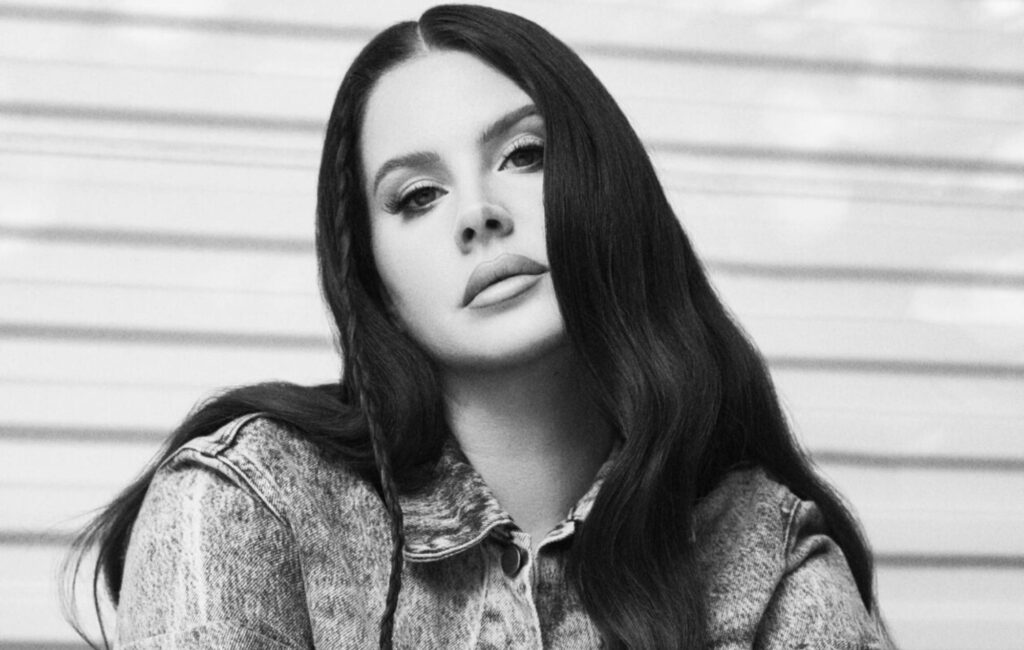Lana Del Rey ‘Did You Know That There’s a Tunnel Under Ocean Blvd’ review
On her ninth album, Lana Del Rey embraces her light and emerges as powerful as she's ever been

Now that she is on her ninth studio album, the question is not whether Lana Del Rey is considered one of the greatest living songwriters – that is not in doubt – but more where the muse has decided to take her this time.
Did you know that there’s a tunnel under Ocean Blvd seems to say that Del Rey is somewhat sated. Her eternal theme – the seemingly never-ending search for a transcendent and perfect romance – is still present here, but she also directs her gaze onto subjects we have heard her discuss less in the past, including God (one interlude features the celebrity pastor Judah Smith delivering a church sermon on God-as-artist) and her family. The implication is, perhaps, that for Del Rey, there is now peace, satisfaction and inspiration to be found in all kinds of love: in adoring her sister Caroline’s baby, in feeling God near to her, and, as she does across this record, in coming into communion with other artists.
Indeed, throughout Did you know that there’s a tunnel under Ocean Blvd, Del Rey’s many collaborators are front and centre. Their names appear in large, unmissable font on the album’s artwork, and the first sound we hear on the record, via opener ‘The Grants’, is not the signature Hollywood drawl we expect, but the voices of singers Melodye Perry, Pattie Howard and Shikena Jones, singing the refrain that Del Rey later picks up: “I’m gonna take mind of you with me.”
Everyone on the record helps to tease Del Rey into different places. ‘Let the Light In’, her duet with Father John Misty – another titan of the Tumblr era – bears some of his jaunty trademarks, which work just as well for Del Rey, while a sample of Tommy Genesis’ ‘Angelina’ informs ‘Peppers’, a sunny, bouncy, brilliant song, on which she declares “I’m in love!” and may well have bottled the very sound of that feeling.
While the additions from others make for exciting and novel flourishes, however, we are to make no mistake: Del Rey is the main event here, and as well as spotlighting her friends and collaborators, she also heavily references her own catalogue, to wonderful effect. On the album’s final track, ‘Taco Truck x VB’, we hear the familiar sound of Norman Fucking Rockwell’s ‘Venice Bitch’, re-inflected with the 808s and skittering, trap-style production she flirts with across this album (this style in itself is a throwback to her 2017 album Lust For Life), while Grandfather please stand on the shoulders of my father while he’s deep-sea fishing recalls the long-haired, roomy atmosphere of 2012’s ‘Ride’. The point seems to be, simply, for Del Rey to finally relish the fact that her sound is so recognisable and well-established that even in all of these guises, you simply know it when you hear it.
As such, she also coaxes the best out of those in her orbit, most notably Jack Antonoff, whose production appears across most of the album. A lot is often made of the supposed “sameness” of Antonoff’s work with musicians like Lorde, St. Vincent and Carly Rae Jepsen, but lately, and particularly alongside Del Rey, he deals in 70s style warmth rather than 80s bombast, her strong aesthetic vision clearly deeply influential on him.
For the first time since the two began working together (on 2019’s Norman Fucking Rockwell!) Antonoff’’s voice appears alongside Del Rey’s on the record, on ‘Margaret’, which is the album’s peak and easily one of Del Rey’s greatest ever and most affecting songs. Written about Antonoff’s fiancée, the actor Margaret Qualley – “This is a simple song/ I’m gonna write it for a friend/ Shirt is inside out/ I’m messy with the pen,” Del Rey opens, the off-the-cuff quickness of her cadence recalling Paul Simon, a favourite influence of Antonoff’s – the song is a joyful poem to true love, and the idea that “When you know, you know.” If, like Del Rey, however, you’re still searching, the song carries a message of hope: “If you don’t know, don’t give up/ Because you never know what the new day might bring,” she says, speaking over a piano waltz. Then, she bursts back into song: “Maybe tomorrow you’ll know.”
It’s one of a number of moments of real lightness and hope on Did you know that there’s a tunnel under Ocean Blvd. For so long, Del Rey has been considered a sort of spokesperson for those of us prone to narrativising the especially torturous aspects of relationships, but on this album, her light notably touches so much more: her family; her friends; her great musical gift and those who inspire and are inspired by it; and most especially, herself.
